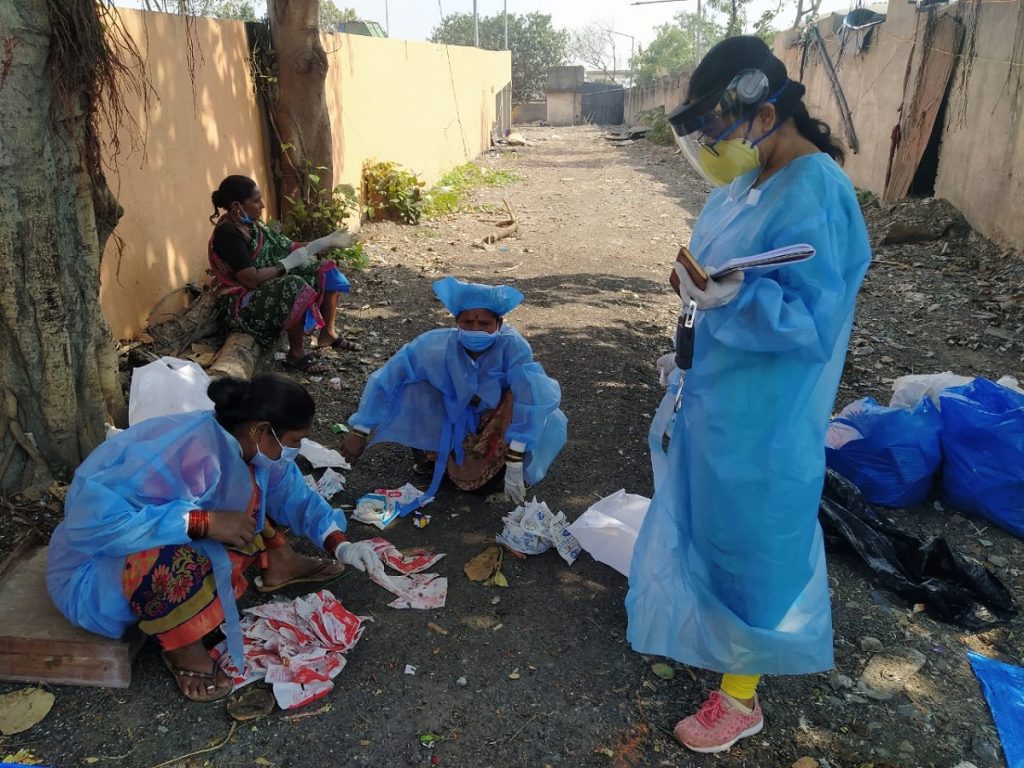Insights gained from the survey will be used to develop a plastic waste management plan
Surat in western India, is one of the country’s fastest-growing cities in terms of infrastructure and urban development, with an estimated population of 7.2 million. As several other Indian cities, managing a growing waste problem here is a significant challenge. Urban planners aim to use this opportunity to make Surat a zero-waste smart city, by adopting appropriate solid waste management practices.
ICLEI South Asia, in partnership with the Alliance to End Plastic Waste (Alliance), is supporting Surat Municipal Corporation(SMC)through the Alliance + ICLEI Developing PlasticWaste-Free Cities project. The aim of the project is to develop investment-ready potential projects consistent with the Alliance’s goal towards effective waste management infrastructure, thereby preventing plastic leakage into the environment and promoting circular solutions.
The first phase involved conducting a municipal solid waste (especially plastic waste) quantification and characterisation survey. The data and information gathered from the survey will help the SMC gain a deeper understanding of the issue, including the amount of plastic waste being generated, along with its sources. These insights will then be used to develop a plastic waste management action plan.

ICLEI South Asia held detailed discussions with SMC officials on the collection of primary and secondary plastic waste. An extensive 15-day survey was then conducted between November and December 2021 at 28 locations—including residential and commercial areas, hotels, transfer stations, and dumping sites.
Initial analysis showed that 8.75% of the municipal solid waste generated from residential areas comprises plastic fractions. While most high-income households segregate waste at source, many middle and low-income households do not follow this practice yet. The segregation also happens in the collection vehicle, where valuable plastic waste is manually segregated by the waste collector. The mixed waste received by transfer stations from different sources is segregated in their materials recovery facilities. The SMC has entrusted Ecovision Environmental Resources LLP., a private partner, with the task of recycling most of the recovered plastic from the transfer stations. The recovered PET is being recycled at the JB Ecotex and Alliance Fibers industry.
In addition to the survey, primary scrap dealers, aggregators, waste pickers, and recyclers were engaged through a series of focus group discussions and interviews, to understand the flow of plastic waste and the value of the waste in the system. The outcome of the assessment will enable the city to identify an infrastructure model that helps to prevent leakage of plastic waste toxins into the environment.